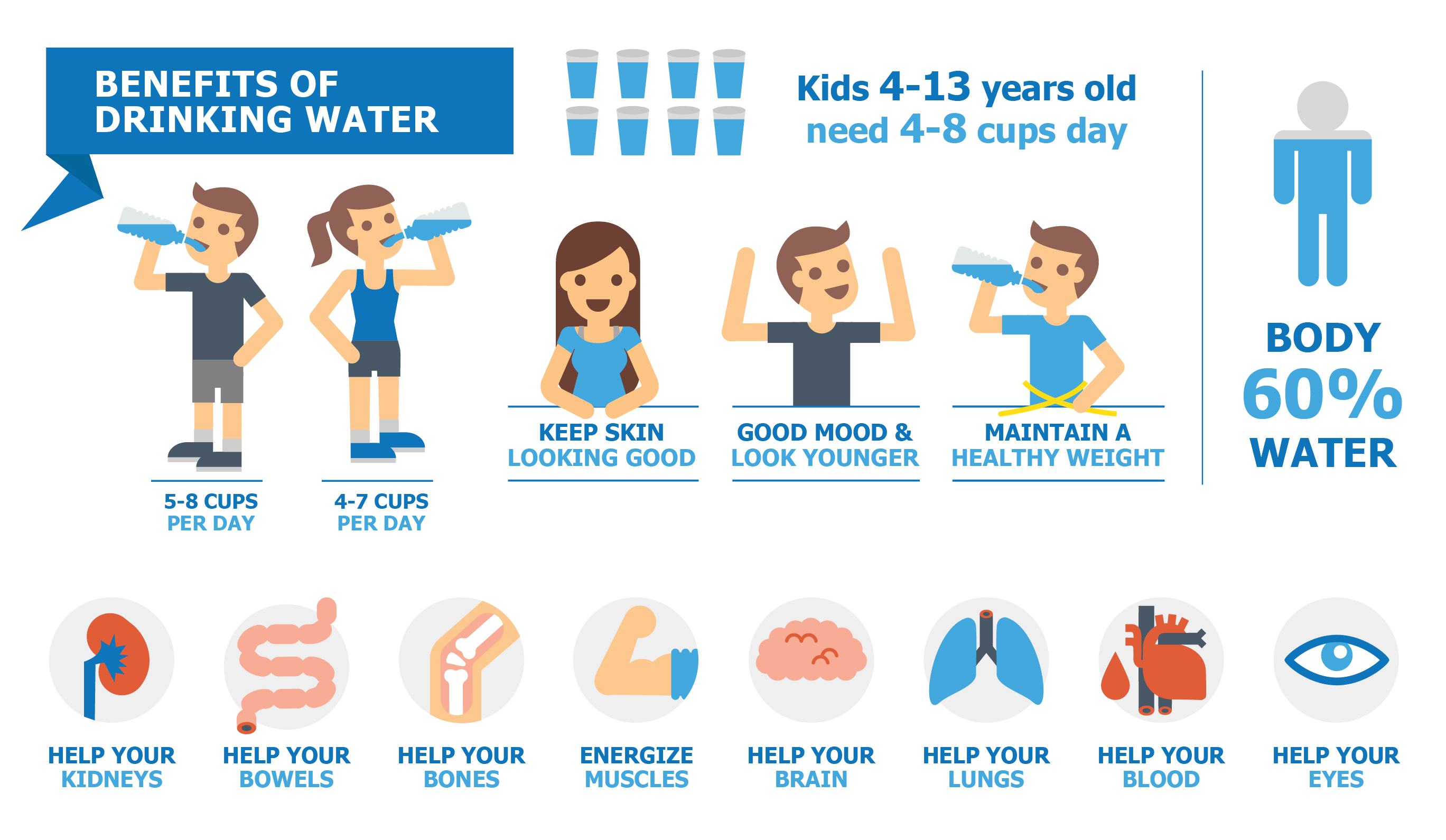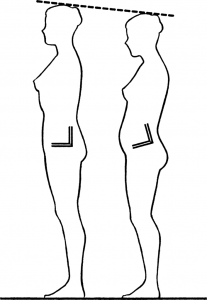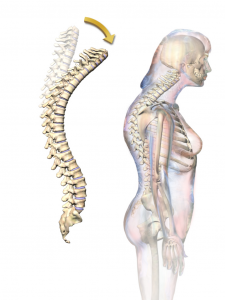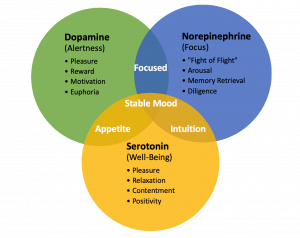
Image of ‘woman drinking water”. Retrieved from https://www.healthline.com/nutrition/how-much-water-should-you-drink-per-day#section1
Did you know that human beings can survive for almost three weeks without food but can only last days without water? Although water is essential for our survival, but unfortunately many of us neglect our water intake, leading to symptoms such as fatigue and mood swings.
How much water should you be drinking?
According to NHS, a human should drink between 6-8 glasses (2 litres) of water a day although this figure can vary depending on how much you exercise. Moreover, it’s important to note that plain water is the best, whereas caffeinated beverages like tea, coffee, sodas, or energy drinks are not helping to keep us properly hydrated and can instead strip our nutrients. However, it’s also possible to take in too much water if one have certain health conditions, such as kidney, liver, or heart problems; or if one is taking medications that make them retain water, such as painkiller or antidepressants.

Image of “Body Water”. Retrieved from https://www.poehealth.org/drink-water/
What happens when you’re dehydrated?
The USGS reported that up to 60% of the human body is composed of water and two of the most important organs, the brain and the lungs, are 73% and 83% respectively. When you’re not drinking enough water, it can affect how almost every major organ in your body functions.
Dehydration happens when the body loses more fluid than what goes in. When the normal water content of the body is reduced, it upsets the balance of minerals, like salts and sugars, in the body, which affects the way it functions. Water makes up over 2/3 of the human body and it lubricates the joints and eyes, as well as aiding digestion, flushing out waste and keeps skin healthy.
Even mild and moderate cases of dehydration will trigger some common symptoms such as:
- Fatigue: When you feel thirsty, that means you’ve already lost 2-3% of your body fluid. Even this mild dehydration can make you feel tired since dehydration leads to a decrease in your blood volume, which means you don’t get as much blood to your brain and your heart has to pump harder.
- Headache: It is a common symptom of dehydration and occurs due to a temporary contract or shrink in the brain. However, once you get rehydrate, your brain will return to its normal size.
- Dizziness: Low blood pressure could easily make you feel dizzy which further affects the ability to stay focus and performance on tasks.
- Anger and mood swings: Dehydration results in the loss of blood flow to the brain along with fatigue and difficulty concentrating and thus affect your mood, making you more irritable and prone to emotional outbursts.
A study conducted by Armstrong et al., examined the effects of dehydration on cognitive function. The study was consists of dehydrated 25 participants, with an overall age of 23, and compared against those who were properly hydrated. Dehydration was induced through walking on a treadmill with or without a diuretic pill that encourages urination and can lead to dehydration. Then the participants were given a series of cognitive tests measuring their concentration, memory, mood and learning ability. As a result, female participants struggled concentrating on simple tasks but interestingly, suffered no reduction in cognitive ability. On the other hand, the male participants experienced difficulty in mental tasks, especially in areas of memory, as well as anxiety and tension. Overall, the researcher concluded that mild dehydration dampened moods, increased fatigue and led to headaches.
It is important to stay properly hydrated so our bodies can perform its everyday functions. The brain, heart, and muscles all require enough fluids or else it can negatively affect your mood, physical performance, and cognition. If the dehydration continues for a long period of time, it can lead to more serious consequences such as higher susceptibility to certain infections and kidney stones. So, make sure you stay hydrated!








